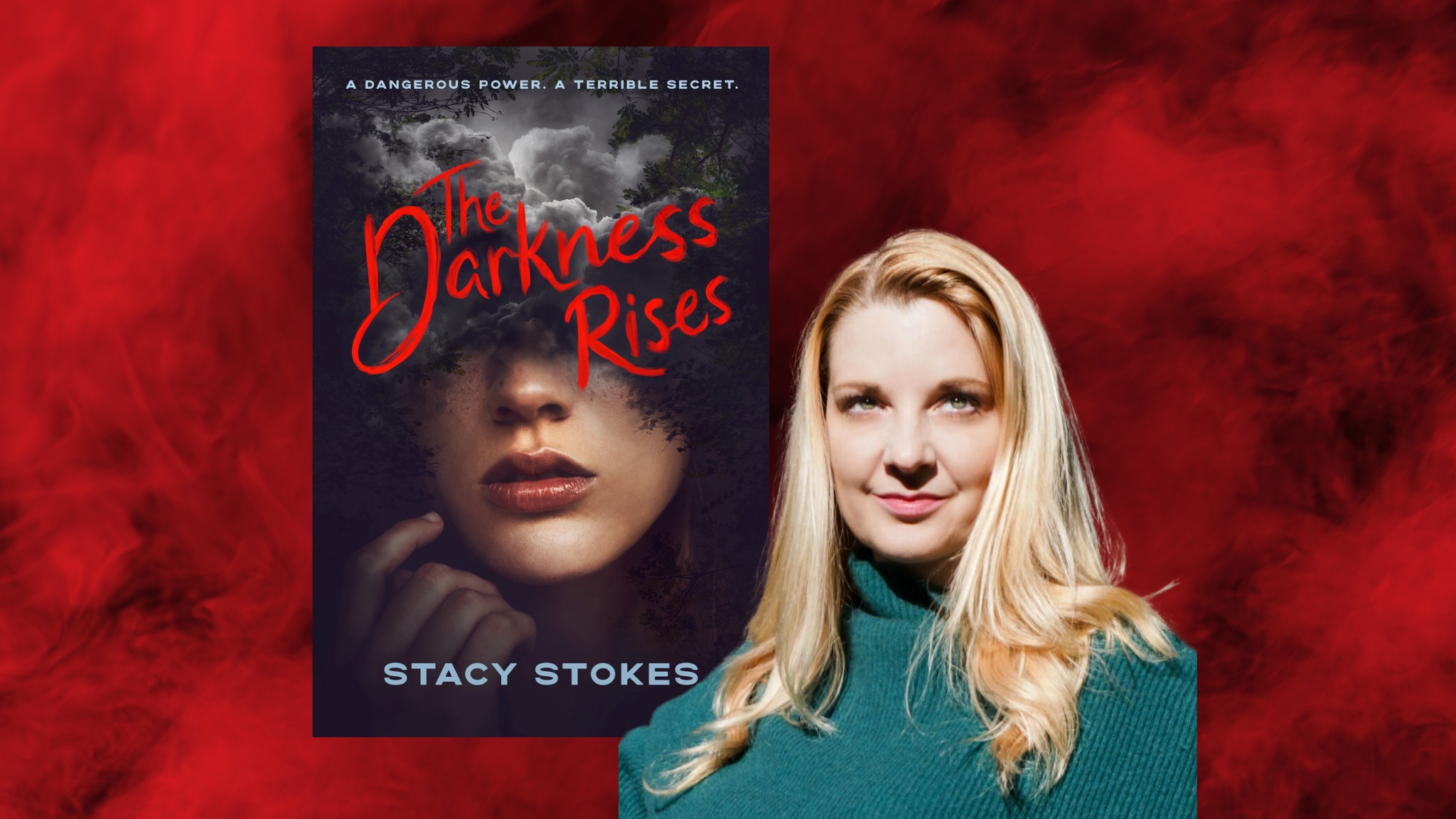I once read an article by Stephen King explaining how horror allows people to explore their darkest sensibilities. This resonated, because throughout my years as an author I’ve come to realize that writing speculative fiction gives me a similar freedom — it allows me to explore, and ultimately process, complex emotions about difficult topics I don’t want to face in my day-to-day life.
The initial idea for my latest book, The Darkness Rises (Viking Books for Young Readers), came when I was cleaning my apartment. Out of nowhere, a line popped into my head: I was seven the first time I saw the darkness.
I knew immediately that I wanted to write a story about a girl who saw death before it happened in the form of a rippling black cloud, warning of danger. I also knew that it would be a thriller — that someone wanted revenge because the girl saved the wrong person. But beyond that, I didn’t know how the story would take shape. So I started writing to see what would happen next.
Around the same time, news of yet another tragic school shooting broke. It was horrible, yet my initial reaction was to plug my ears. I didn’t want to hear about—let alone process—what was happening in our nation’s classrooms. Processing it made it real. Processing meant it could happen to my child. That was untenable.
So I changed the channel and went about my life.
But without realizing it, reality crept into my story. Just like that line that had popped into my head, unbidden, there was the thing I didn’t want to face. It wasn’t until many drafts later that I realized what had happened — my story had become an outlet for me to process my worst fears.
This is the beauty of stories — they allow us to stand back and explore the darkest, scariest parts of the world without letting it overwhelm us. And the addition of magical elements is like a barbed wire fence — you can see, hear and observe what’s happening, but at a safe distance, which allows us an added layer of protection as we poke and prod the thing in front of us, trying to understand it. If something tragic happens in a world where a girl can see magical, dark clouds hovering over people’s heads, it can’t be real, can it? And yet, by writing The Darkness Rises, I found myself processing a very real situation with very real implications.
 In hindsight, I did the same thing with my previous novel, Remember Me Gone. On the surface, it’s a story about a girl and her family who run a memory-taking business in a small Texas town filled with secrets. Dig a layer deeper, and you might say it’s a story about a girl processing the loss of her mother and the impact that memories have on the grieving process. But peel the onion all the way down to its core? Then you might see a story that helped the author process the fears of loss and grief that come with watching our parents get older.
In hindsight, I did the same thing with my previous novel, Remember Me Gone. On the surface, it’s a story about a girl and her family who run a memory-taking business in a small Texas town filled with secrets. Dig a layer deeper, and you might say it’s a story about a girl processing the loss of her mother and the impact that memories have on the grieving process. But peel the onion all the way down to its core? Then you might see a story that helped the author process the fears of loss and grief that come with watching our parents get older.
And here I was, thinking I’d just written a speculative thriller.




